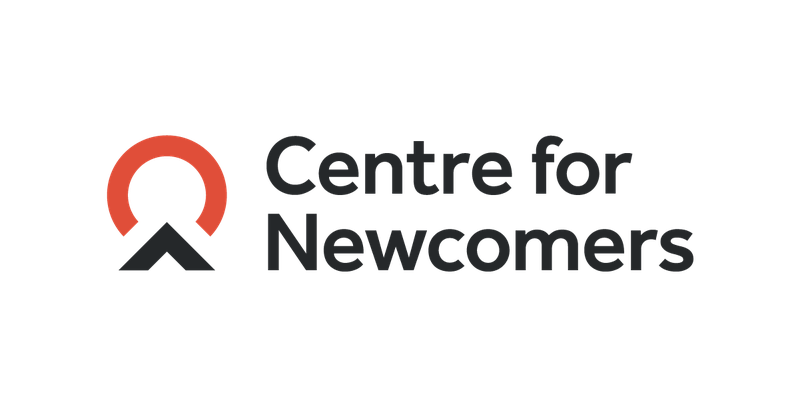Keynote Speakers
We are thrilled to announce our keynotes for the ATESL 2021 Conference
Follow us on social media to stay up to date with conference news and announcements
instagram I facebook I linkedin
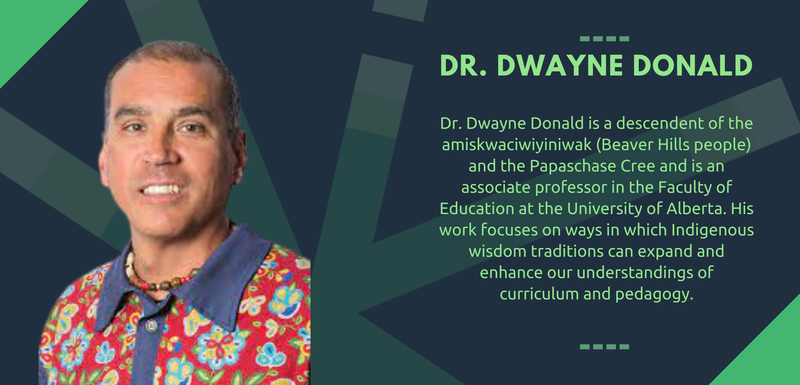
Read more about Dr. Donald here
Take in the histories and memories of Indigenous peoples of the Edmonton region by engaging in a walking tour of the River Valley led by Dr. Dwayne Donald of the Faculty of Education. By walking together through the River Valley and sharing some stories, Dr. Donald hopes to spark imagination regarding kinship relations and the layered interrelatedness of the past, present, and future.
Do you have any questions for Dr. Dwayne Donald? Log into Whova and submit them here before the Keynote session. Your question may be one of the first to be asked during the session!
Dr. Donald's presentation has been generously sponsored by:

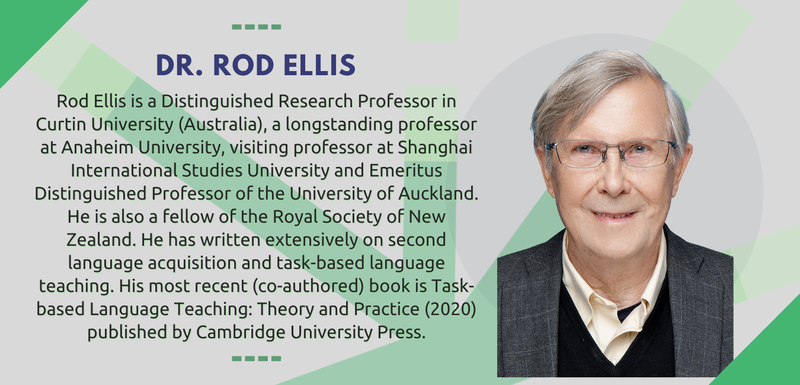
Task-based Language Teaching for Low-Proficiency Learners
The purpose of this talk is to discuss how task-based language teaching (TBLT) can work with low-proficiency learners by using input-based tasks. It begins by dismissing a common critique of TBLT, namely that learners need to be taught some language before they can perform tasks, by arguing that input-based tasks make TBLT possible with even beginner- level learners and that such an approach is entirely compatible with what research has shown about the early stages of L2 acquisition. A brief review of the research that has investigated input-based tasks follows, which serves to identify key features in the design and implementation of tasks. The talk then turns to an account of how to design input-based tasks by considering the choice of topic, the non-verbal devices that are central to the tasks, the pre-selection of target language, the verbal input for the task, and the task outcomes. This is followed by considering key implementation options including task preparation, the use of the learners’ first language, input modification and elaboration, focus-on-form and feedback, and task repetition.
Read more about Dr. Ellis here.
Do you have any questions for Dr. Rod Ellis? Log into Whova and submit them here before the Keynote session. Your question may be one of the first to be asked during the session!
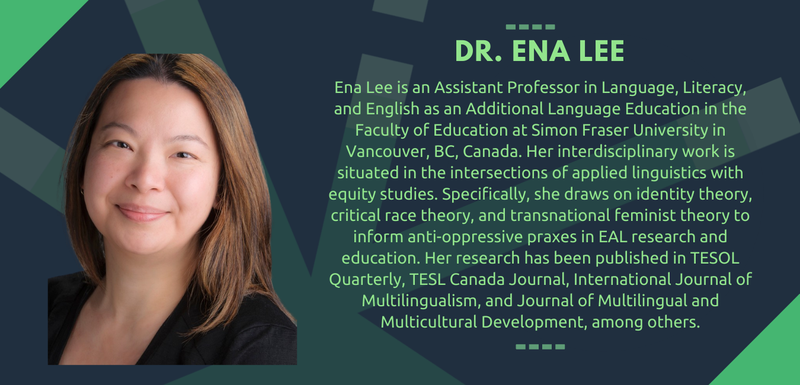
The possibilities of “critical hope” in a “nice” field like TESL
This year’s ATESL conference theme urges attendees to look to the future together with hope. As such, in this keynote, I wish to reflect on the notion of “hope”, broadly, and (re-)consider the role of “hope” in the field of TESL, more specifically. In what way might a focused exploration into the concept of hope help “illuminate the future of our teaching”? How might a critically (self-)reflexive exploration of hope help inform more emancipatory English language education and praxes? And, perhaps most important of all, why might ESL educators need to be concerned about hope in a “nice” field like TESL (cf. Ladson-Billings, 1998) to begin with?
I present Bozalek et al.’s (2014) concept of “critical hope” as one framework for understanding hope in education then discuss the possibilities--as well as potential challenges--of “critical hope” in ESL teaching and learning contexts. I conclude by considering the application of “critical hope” to ESL praxis (that is, the recursive relationship between theory and practice) as a first step towards the establishment of a more “critically reflexive practice in which affect, imagination, relationality and resistance are inserted into the concept of hope” (p. 7) within the field of English language education.
You can read more about Dr. Lee and her research here.
Do you have any questions for Dr. Ena Lee? Log into Whova and submit them here before the Keynote session. Your question may be one of the first to be asked during the session!
Dr. Lee's presentation has been generously sponsored by

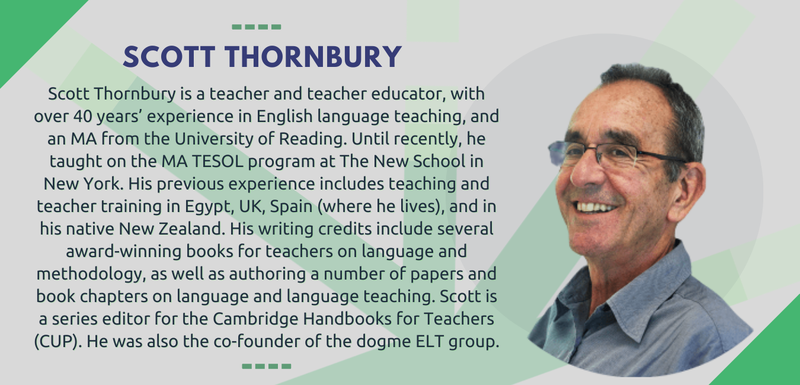
Back to the old normal?
For many of us, the sudden move to online teaching (as precipitated by the global pandemic) has forced us to re-assess many of our basic principles and beliefs with regard to education, and second language education specifically. As we look forward to returning to face-to-face classrooms in the near future, what have we learned from the experience of ‘remote teaching’? How can the experience of teaching online inform our classroom practices? What is it about classroom teaching that we should celebrate? And why should we resist attempts to minimise its importance?
You can find out more about Prof. Thornbury at his website http://www.scottthornbury.com
Do you have any questions for Scott Thornbury? Log into Whova and submit them here before the Keynote session. Your question may be one of the first to be asked during the session!
Prof. Thornbury's presentation has been generously sponsored by
